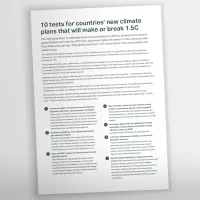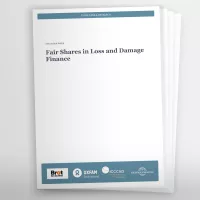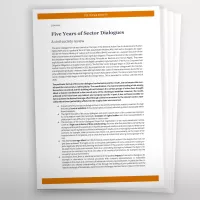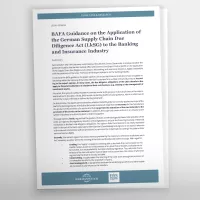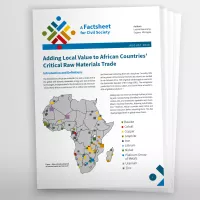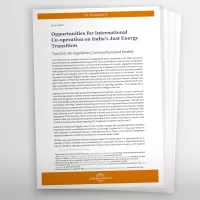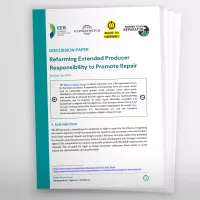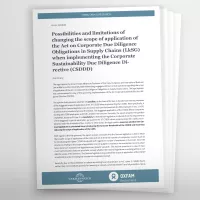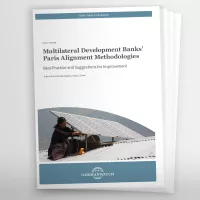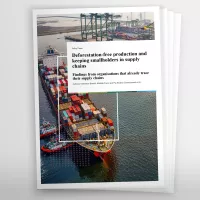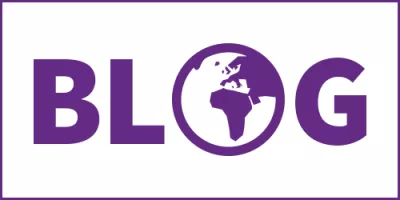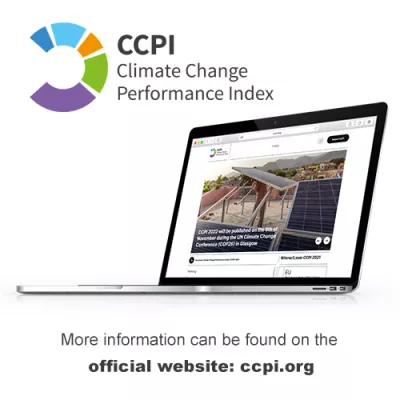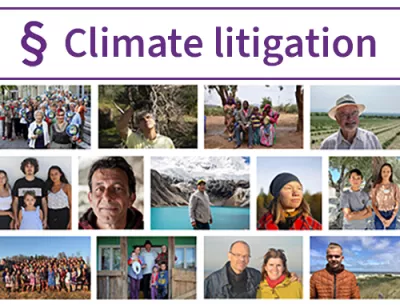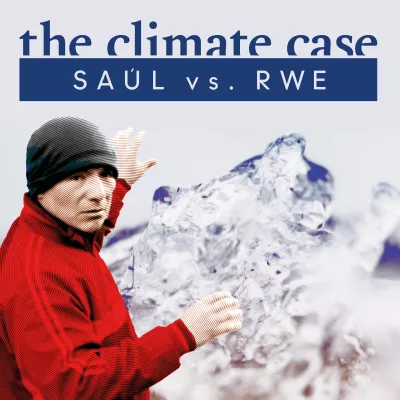Home
News
Over the next few months, countries will be releasing the next generation of climate plans known as National Determined Contributions (NDCs). Read our open letter detailing the '10 tests' for global leaders to stay on track and limit global warming to 1.5°C, to avoid catastrophic climate change.
We are living in the ‘era of loss and damage’. In this era, the decision to establish the new Fund for Responding to Loss and Damage (FLD) at COP27 was a historic milestone. Seeking to inform and catalyse advocacy on the topic, we calculate fair shares for countries in providing finance to address L&D.
The sector dialogues within the National Action Plan for Business and Human Rights (NAP) are used as a support for the German Government to implement human rights due diligence. After five years in operation, this particular format has certainly proved effective. In our paper, the participating civil society organisations try to provide an overall view, and present a generally mixed picture.
Since January 2023, the rules of the Supply Chain Act in Germany have applied to all companies above a certain size. This also includes financial institutions. However, the Federal Office for Economic Affairs and Export Control (BAFA), which is responsible for enforcing the law, argued in its guidance published in August 2023 that the law's due diligence obligations are not binding for financial institutions with regard to their core business. Contrary to the guidance, our legal opinion concludes that a correct interpretation of the LkSG clearly shows that financial institutions have a supplier relationship within the meaning of the LkSG with their customers for a number of financial products.
The creation of value through trade and processing of critical raw materials is a crucial step towards sustainable economic development in African countries. Our factsheet provides an overview of some of the relevant initiatives in recent years. We highlight obstacles to the Africa Mining Vision and point to solutions through regional co-operation. In addition, the Lobito Corridor serves as case study to assess co-operation of African countries on building supply chains.
Just Transition is the buzzword of the hour. This policy brief outlines opportunities for international co-operation with India to facilitate a Just Energy Transition – the sustainable and equitable shift to low-carbon energy systems. Appropriate support can bolster India’s potential to become a leader in green and inclusive development models of the future.
The EU has recently adopted a number of regulations to facilitate the extended use of products as well as product repairs and reuse. However, these regulations fail to address a key obstacle to repairs: The costs. This is why we are calling for subsidised consumer repairs. To achieve this, the Extended Producer Responsibility must be fundamentally reformed.
On 25 July 2024, the EU Corporate Sustainability Due Diligence Directive (CSDDD) entered into force. The member states will now need to transpose the directive into national law. Germany already has sustainability due diligence legislation, the Act on Corporate Due Diligence Obligations in Supply Chains (LkSG). This raises the question as to how the CSDDD influences the scope of application of the LkSG.
The Multilateral Development Banks (MDBs) play a substantial role in the global transition to low-carbon, climate-resilient economies and societies. This paper examines how the MDBs aim to put Paris alignment into practice. The analysis highlights both shortcomings and best practice in the joint MDB methodological principles, and the specific Paris-alignment methodologies of the World Bank, EBRD, IDB, and AIIB. It does this with a particular view to providing constructive input for upcoming reviews and revisions of those methodologies.
From 30 December 2024, the European Union Deforestation-free Products Regulation (EUDR) must be applied. Smallholders are also indirectly affected by the EUDR if they do not want to lose access to the EU market. In this policy paper, we first provide a brief overview of the challenges faced by smallholders regarding the higher requirements and also evaluate a series of targeted interviews with representatives of various industries and organisations that have already gained experience with the introduction of higher sustainability standards for smallholders and the traceability of supply chains.






